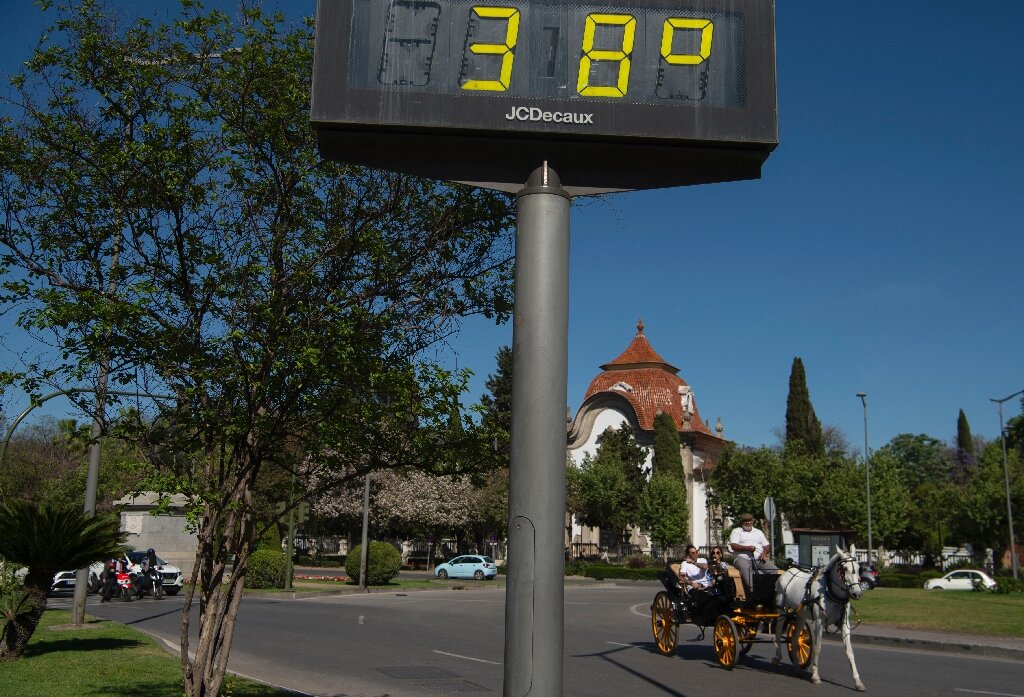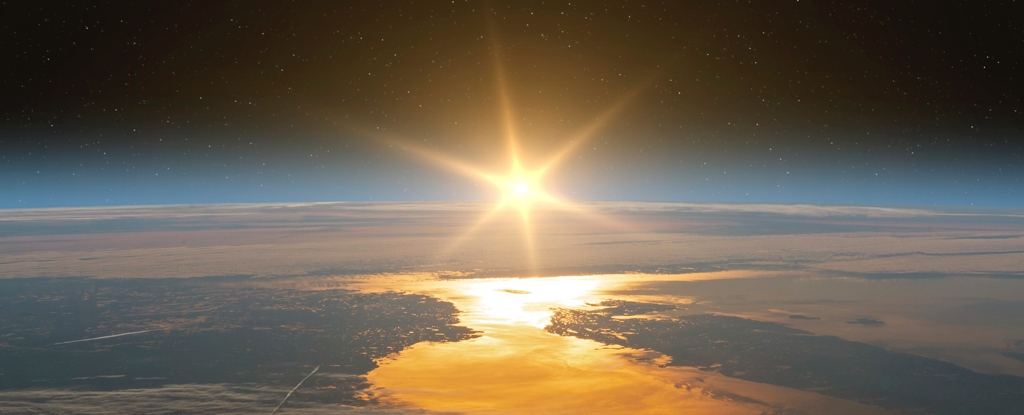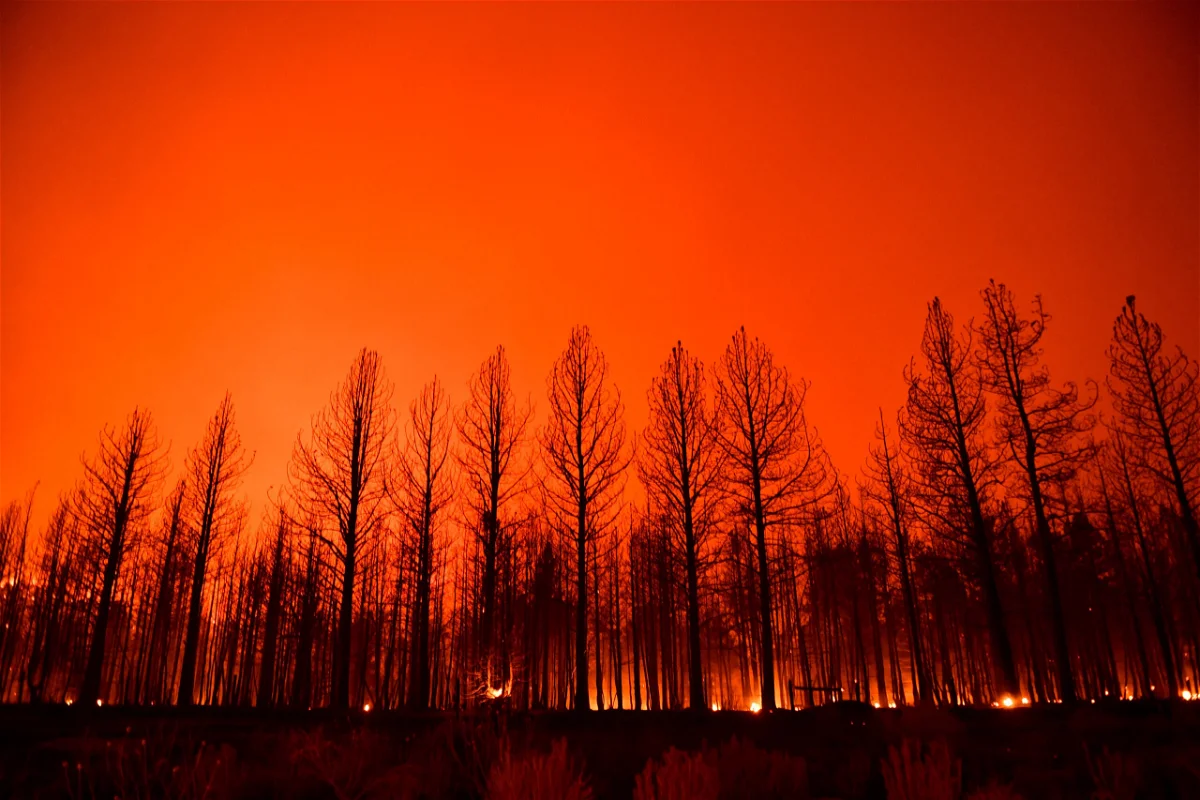
Since 2006, the amount of heat-trapping methane in Earth's atmosphere has been rising fast. It may signal that a great transition in Earth's climate has begun.

Experts have found that the human body has an "upper critical temperature" of between 40C and 50C, a limit which, if surpassed, can cause it to start malfunctioning.

A recent report by the Agriculture Department has made an alarming revelation: by 2070, US forests may switch roles from being carbon absorbers to significant carbon emitters.

July was a recording breaking month for both land and sea temperatures, according to EU climate observers Copernicus.

It’s winter in Antarctica, when sea ice cover typically grows. But this year’s sea ice is way behind, reaching record lows with implications for the planet.

An international team of scientists was amazed to discover that Greenland was a green land only 416,000 years ago. Much of the Greenland ice sheet vanished when it got warm which caused a global sea level rise.

The temperatures are being driven by human-induced climate change and the naturally-occurring weather pattern known as El Niño, scientists say. Last month was the hottest June on record, the EU's climate monitoring service Copernicus said on Thursday.

A new study has highlighted the possibility of major harvest failures caused by climate change in multiple global breadbaskets as the United Nations warned of a “dystopian future” without immediate action.

A new study suggests that decreases in brain size in modern humans may be driven by natural selection in response to climate change and environmental stress, starting around 15,000 years ago.

Melting of glaciers to cause flooding and water shortages for nearly 2 billion people who live downstream, report says.

These jaw-dropping videos demonstrate precisely where the majority of this critical greenhouse gas is being released, and how that changes over the course of a single year.

Europe should brace for more deadly heatwaves driven by climate change, said a sweeping report on Monday, noting the world's fastest-warming continent was some 2.3 degrees Celsius hotter last year than in pre-industrial times.

The impact of human activity on the Earth system could result in unpredictable chaos from which there is no return, physicists have calculated.

Greenhouse gas emissions are at an all-time high, with yearly emissions equivalent to 54 billion tonnes of carbon dioxide.

A new study finds that Arctic sea ice could disappear in the summers as early as the 2030s, a decade earlier than previously thought